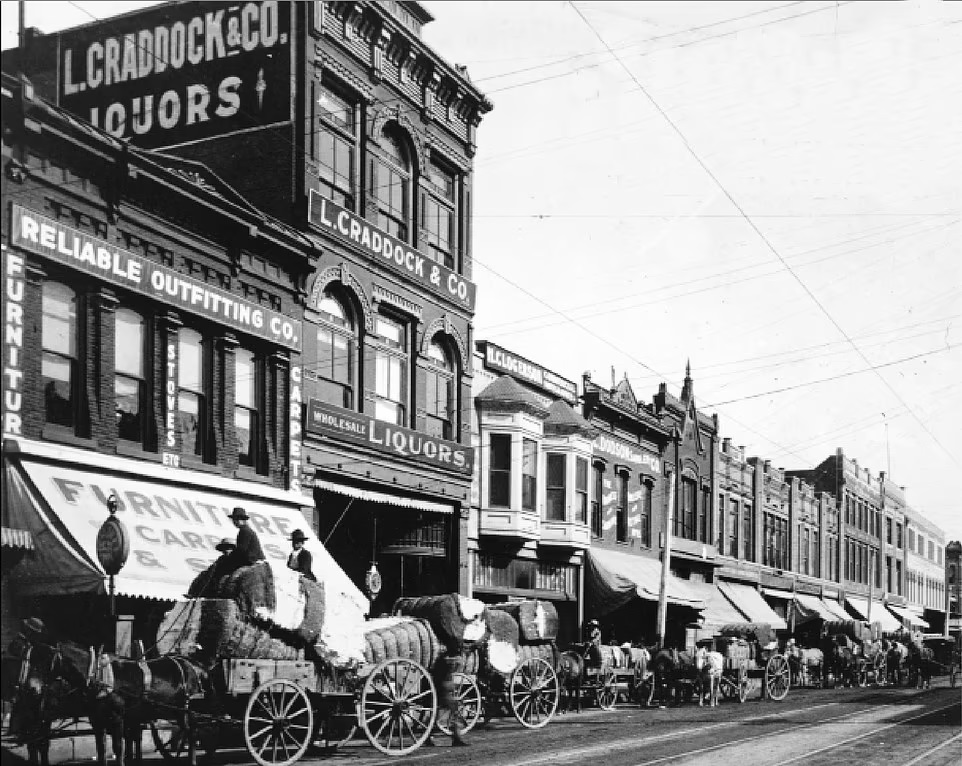I often use the “African-American” term to describe myself, almost always in fun, or else to poke holes in someone’s refusal to see my point. Never have I tried to use the “African-American” claim for any other purpose, as David Bernstein describes here.
However, even in jest, the supposition makes several (I think) good points.
Fact: the Du Toit family’s Huguenot forebears fled Catholic France’s oppression to settle in the Protestant Dutch Cape colony in about 1792, thus making their appearance in what is today South Africa earlier than many of the Bantu tribes migrating south from Central Africa. On my paternal grandmother’s side, the Dutch Van Wyks arrived in the Cape colony even earlier, around 1665, before even the Zulus crossed the Limpopo River in the north. So “longevity in the country” vis-a-vis Blacks vs. Whites is of dubious value, in my case. The only Black tribe which predates both Whites and Bantus would be the Bushmen (Nan) tribe, who were more or less exterminated, slaughtered by both Whites and Bantus.
Fact: a huge number of White South Africans speak at least one African language like Zulu, Ndebele or Sotho, depending on where they live or work. (My late stepfather was fluent in four African languages, for example, because he worked in the mines for decades, and my father was fluent in Zulu and Sotho — and German, incidentally.) Back when I lived there, I had at least a little familiarity with Sotho (thanks to my Black Mommy Mary, who raised me as a small child through my teens). I doubt whether too many Black African-Americans can claim the same about native African languages — hell, they can barely speak English, let alone, say, Masai or Ovambo. I can also relate many tribal tales and customs (alas, not as many as I used to) that are essentially African in nature. My African cultural heritage, therefore, is stronger than almost all African-Americans of color.
But when I use the above as justification for calling myself an African-American, I’m told that none of them matter, because I have a white skin.
Racism, anyone?


